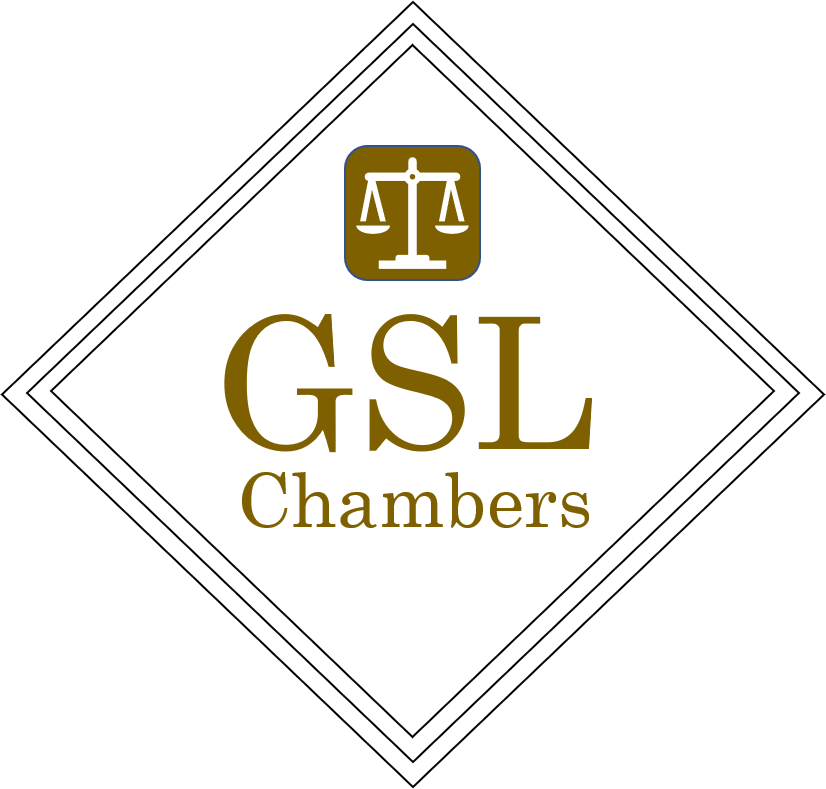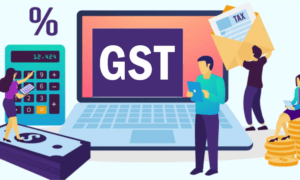–By Abhinav Shrivastava & Shivang Rawat
Introduction
Section 11 of the Arbitration & Conciliation Act, 1996 (hereinafter referred to as the ‘Act’) talks about the appointment of Arbitrators. Even though time is of essence in arbitral proceedings, Section 11(6), in contrast to Section 11(4) & 11(5), does not specify a time limit with respect to appointment of Arbitrators.
In this article we highlight the current position of Section 11(6) of the Act in light of the landmark judicial pronouncements and our take-away from the same.
Statutory Provisions
As per Section 11(4) of the Act, if a party fails to appoint an Arbitrator within 30 days from the receipt of a request to do so from the other party; or if the two appointed Arbitrators are unable to appoint the third Arbitrator within 30 days from the date of their appointment, the appointment in such scenarios is to be made by the Chief Justice or any person or institution designated by the Supreme Court, or as the case may be, the High Court or any person or institution designated by such High Court (hereinafter collectively referred to as ‘Court’).
Similarly, as per Section 11(5) of the Act, if the parties fail to agree on the Arbitrator within 30 days from the receipt of a request by one party from the other party to so agree the appointment shall be made, upon request of a party, by the Court.
However, as far as Section 11(6) of the Act– which deals with the appointment of Arbitrator when a procedure is agreed upon by the parties is concerned, three scenarios are contemplated under which the Court may appoint an Arbitrator: –
- When both parties fail to act as per the procedure prescribed;
- When parties or appointed Arbitrators fail to reach an agreement with respect to appointing a third Arbitrator under that procedure; or
- When a person, institution fails to perform any function entrusted to him or it under the procedure.
Under these circumstances, a party may request the Court to take the necessary measure, unless the agreement of the appointment procedure provides other means for securing appointment.
Since the statute is silent on this aspect, it has been contented that the parties can approach the Arbitrator any time before an application under Section 11 has been filed.
Case Laws
- Datar Switchgears Ltd. vs Tata Finance Ltd. & Anr., (2000) 8 SCC 151
This case became the precedent with respect to appointment of Arbitrator vis-à-vis application under section 11(6) of the Act of 1996 and a base to subsequent judicial pronouncements.
It was observed by the Hon’ble Supreme Court in this case that even though the Arbitrator was appointed after 30 days but before the application under Section 11(6) was filed before the Court, the appointment of the Arbitrator was held to be valid in para 19 of this landmark case.
- Punj Lloyd Ltd. vs Petronet MHB Ltd., (2006) 2 SCC 638
The issue in brief was that the parties had entered into an arbitration agreement and subsequently differences arose between the parties. The appellant served a 30 days’ notice on the respondent demanding appointment of an Arbitrator and reference of disputes to him. The respondent failed to act. On expiry of 30 days, the appellant moved to Court for appointment of an Arbitrator under Section 11(6) of the Act.
Admittedly, even till the date of the moving of the application, the respondent had not made appointment consistently with the arbitration clause. The Court refused to appoint the Arbitrator holding that the only remedy available to the appellant was to move in accordance with the agreement, whereupon the Functional Director would adjudicate upon the disputes as sole Arbitrator.
The matter travelled to the Supreme Court and the Hon’ble Court while allowing the appeal placed reliance on the case of Datar Switchgears and held that if the opposite party makes an appointment even after 30 days of the demand, but before the first party has moved the court under Section 11, that would be sufficient. In other words, in cases arising under Section 11(6), if the opposite party has not made an appointment within 30 days of demand, the right to make appointment is not forfeited but continues, but an appointment has to be made before the former files application under Section 11 seeking appointment of an Arbitrator. Only then the right of the opposite party ceases.
- Dulga Welding Works vs Chief Engineer, Railway Electrification, Allahabad and Anr., 2022 SCC OnLine SC 11; Civil Appeal No. 24/2022
The issue in brief was that the appellant challenged the order of the Orissa High Court whereby the High Court declined to appoint an Arbitrator in exercise of its power under section 11 (6) of the Act.
The Hon’ble Supreme Court went on to observe that since the appellant filed their arbitration petition, the respondents forfeited their right to appoint an Arbitrator. However, the facts of this case were peculiar in nature wherein the appellant did not take any steps to pursue the arbitration petition – and the notices were issued in the petition only after a period of 3 years and that too after an ex-parte award. While the Hon’ble Supreme Court acknowledged the position of law being settled that after the application has been filed for appointment of an Arbitrator under Section 11(6) of the Act, before the High Court the respondents forfeited their right to appoint an Arbitrator under the clause of arbitration thereafter but from the narration of facts which was noticed by the Court, they opined that no error was committed by the High Court in dismissing the petition filed under Section 11(6) of the Act for appointment of an Arbitrator, and the Court dismissed the appeal.
Conclusion
While the law with respect to appointment of Arbitrators under section 11(6) is clear by way of guiding precedents, it would be beneficial if a definite time is prescribed with respect to the same. This is bound to make the proceedings even more time efficient and would help the Act attain its objective of efficient and quick dispute resolution. This would in turn also help the parties reduce the foul-play in the practice exercised for causing inordinate delay.
Further, the recent case pertaining to Section 11(6) of the Act – Dulga Welding Works, has made it clear that the precedent as set by Datar Switchgears Ltd. and Punj Lloyd Ltd. although is a settled law, but the parties have to exercise their diligence in order to enjoy the rights.
Abhinav Shrivastava is a Co-Founding Partner of GSL Chambers. Shivang Rawat is an Associate at GSL Chambers.




